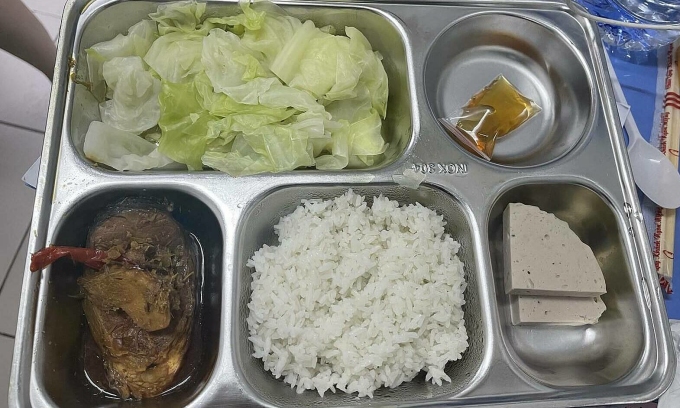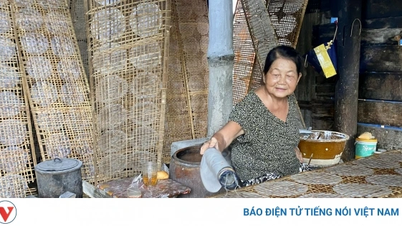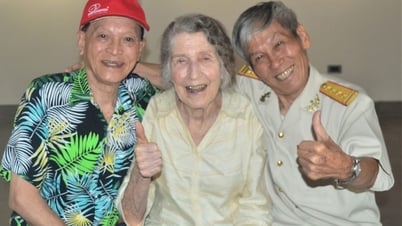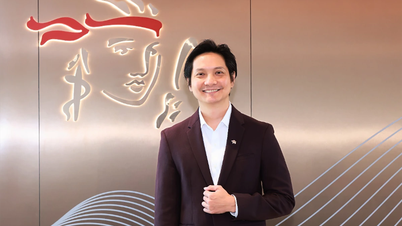Some hospitals set up nutrition departments as a "coping measure" to avoid criticism when scoring according to the Ministry of Health 's criteria.
The information was given by Prof. Dr. Le Danh Tuyen, Chairman of the Vietnam Dietetics Association, at the workshop on Developing Systemic Capacity in Clinical Nutrition and Dietetics in Vietnam on October 18.
According to the regulations of the Ministry of Health , hospitals with 100 beds or more must establish a nutrition department; for every 100 beds, there must be at least one person specializing in nutrition. In 2013, Hanoi Medical University was the first institution in Vietnam to train bachelors in nutrition and dietetics. After 10 years, the country has 8 universities training in this field, with 730 bachelors having graduated, another institution is in the part-time study system.
The number of trained doctors is too small compared to the actual demand, according to Mr. Tuyen. Specifically, on average, medical facilities only have 0.7 general practitioners working in the nutrition department. Of which, special-class hospitals have 2 general practitioners working in the nutrition department, while class IV hospitals have none.
The number of people with a bachelor's degree in nutrition working in nutrition departments is even lower. The average for all hospitals is 0.3 people. The highest is in special-class hospitals at nearly 1.7 people, in class I hospitals at nearly 1 person, in class II at 0.25 people, in class III at 0.17 people. Class IV hospitals have none.
"Many hospitals set up nutrition departments just to cope so that they won't be criticized when the Ministry of Health scores them. They don't think nutrition departments are an important part of helping patients stay healthy. Especially at lower levels, nutrition departments only consider it a kitchen that provides food, not a means of treatment," said Mr. Tuyen, adding that this situation affects the treatment and recovery of patients.

A meal at Bach Mai Hospital. Photo: Thu Trang
Unlike Vietnam, Japan focuses on training doctors specializing in nutrition, and all consultations must invite nutritionists. When entering the nutrition department in hospitals in Japan, "it feels like entering an operating room in our country, the requirements are very strict, clean, orderly, and modern," said Mr. Tuyen.
At the workshop, experts proposed a number of solutions such as continuous training of human resources, university and postgraduate levels to solve the human resource problem. Granting certificates to bachelors of nutrition so that they can be proactive in examination and consultation, instead of having to depend on doctors as at present. In addition, hospitals need to coordinate with multiple specialties in nutritional treatment for patients, especially in the fields of surgery and intensive care.
Le Nga
Source link




![[Photo] General Secretary To Lam receives Australian Ambassador to Vietnam Gillian Bird](https://vphoto.vietnam.vn/thumb/1200x675/vietnam/resource/IMAGE/2025/6/26/ce86495a92b4465181604bfb79f257de)
































![[Photo] Candidates take the first graduation exam with the new Literature topic](https://vphoto.vietnam.vn/thumb/1200x675/vietnam/resource/IMAGE/2025/6/26/dfded9e317554c25a3e26defe672ebb7)

































































Comment (0)